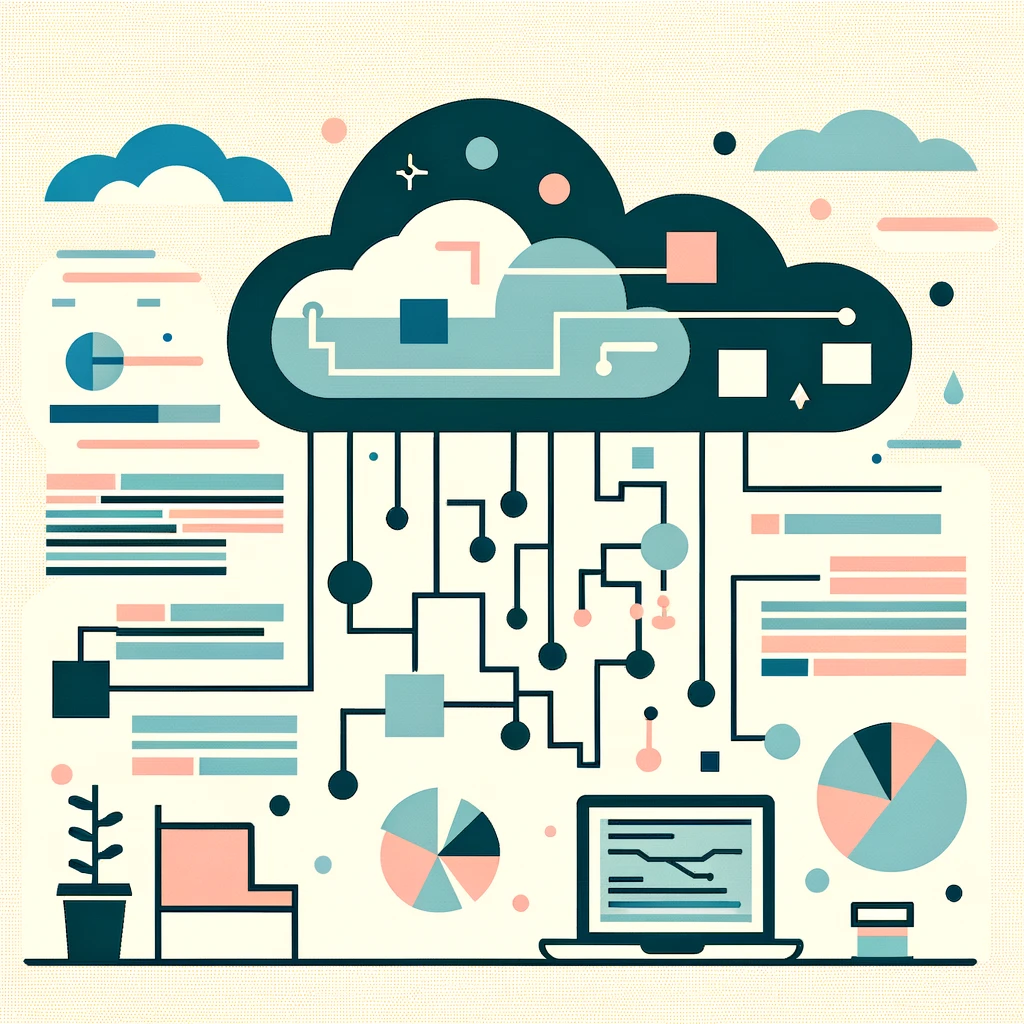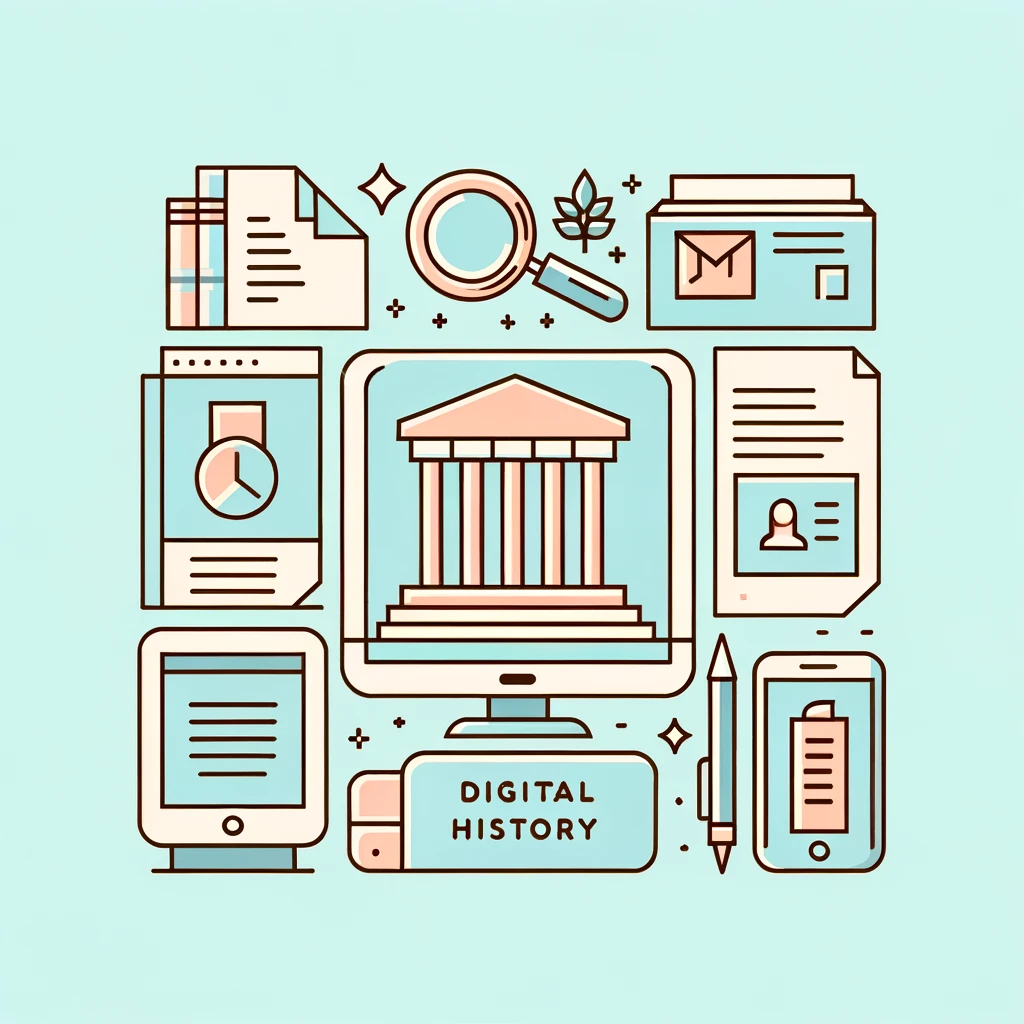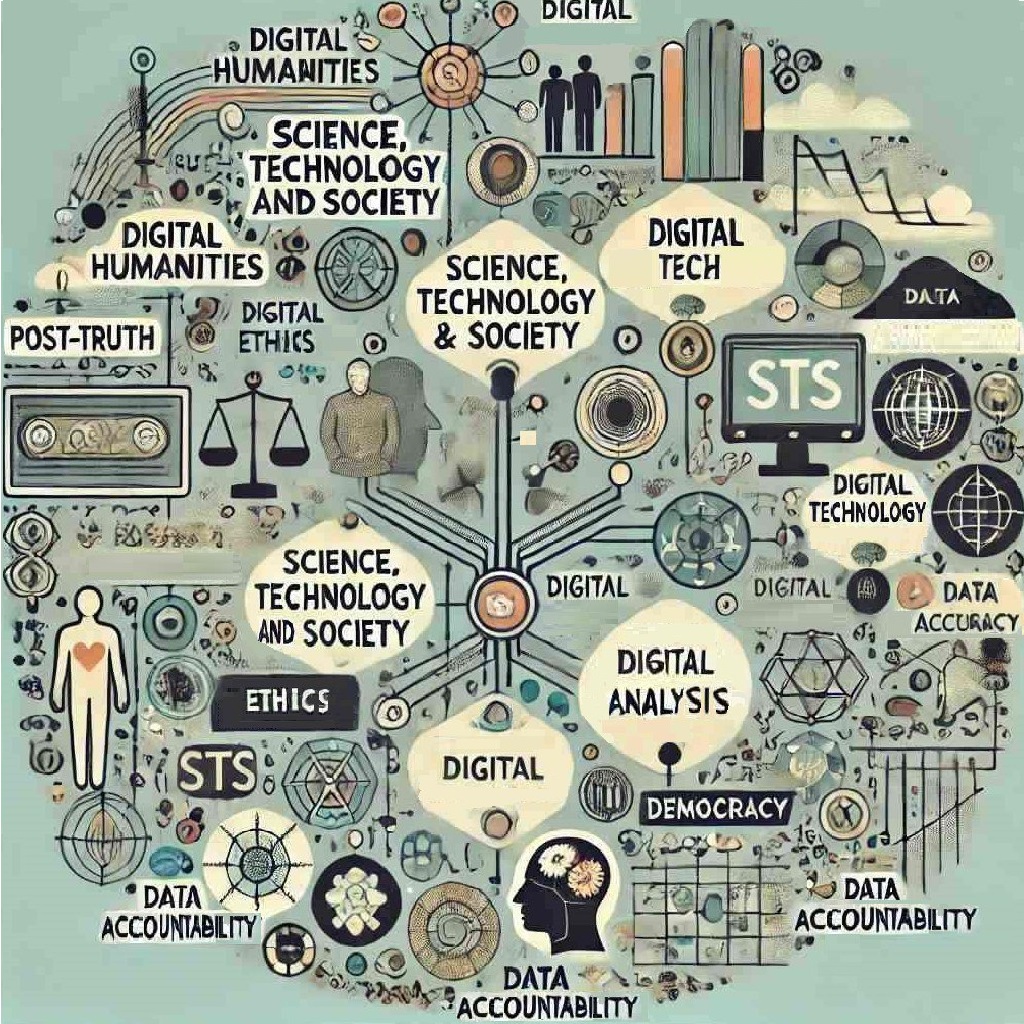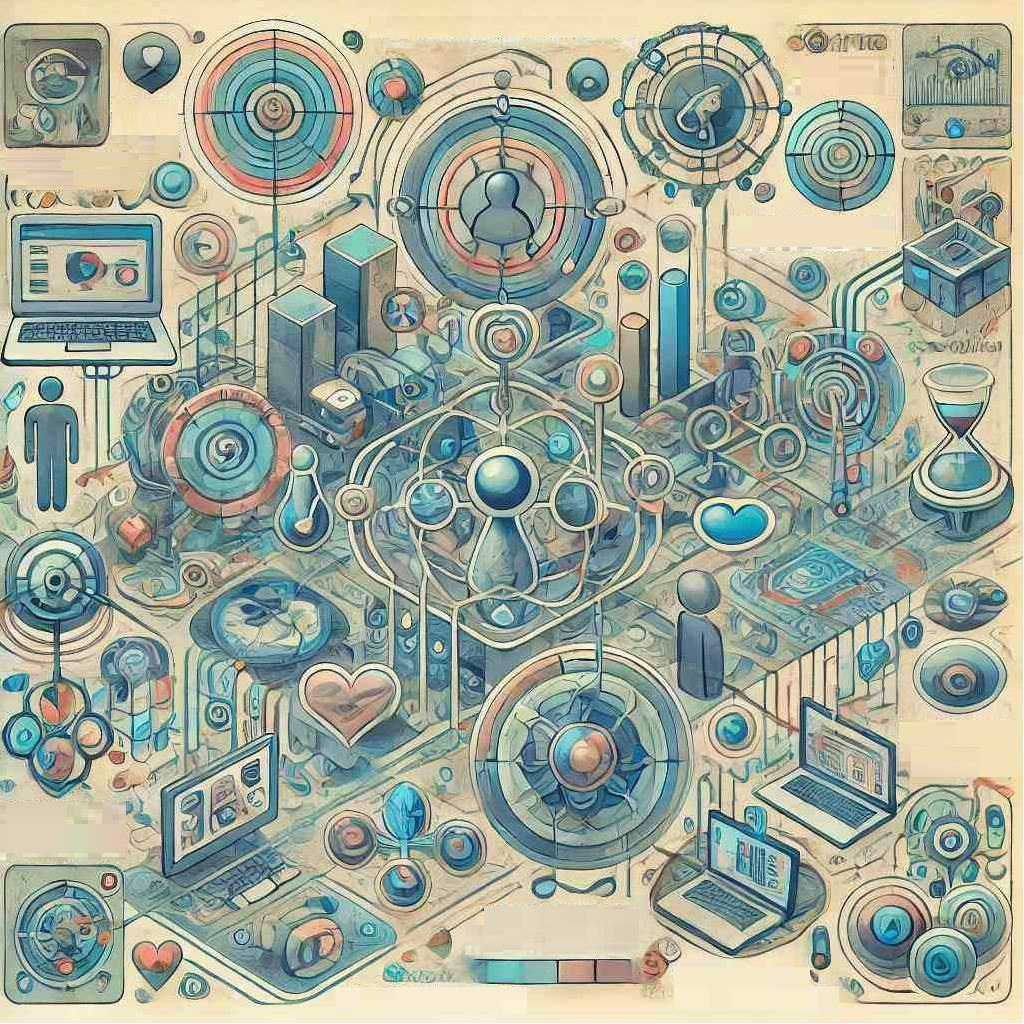Research
- Home /
- Research
Table of Contents
Data Mining for Digital Humanities

The acquisition of computational skills in research practice across various fields of the humanities is one of the pillars of what is being called Digital Humanities. Currently, a multitude of digital tools are available that assist in the extraction and assembly of databases, in the analysis and interpretation of this material, and finally, in the organization and dissemination of results. LABHDUFBA develops data extraction algorithms for the web and digital social networks. Furthermore, it aims to provide critical reflection on how these digital tools may represent new ways of structuring imagination and investigations in different humanities fields, requiring us to evaluate ‘how far it is possible to think’ within the logics that structure these algorithms.
Analysis of Multi-Platform Ecosystems of Disinformation and Radicalization through Telegram

This project establishes a multi-method framework to map and analyze the multi-platform ecosystem of political extremism networks through the Telegram app. It monitors computational propaganda activities, coordinated influence operations, and hate speech (misogyny, racism, LGBTQIA+phobia) using corpus linguistics (CL), natural language processing (NLP), discourse analysis, and online ethnography.
Back to topDigital History

Research in the field of Digital History has been developed in direct partnership between LABHDUFBA and the undergraduate History program of the University for International Integration of Afro-Brazilian Lusophony, Malês campus. We aim to develop empirical research and theoretical discussions based on digitized documentary collections archived in online repositories. The goal is to produce methodological reflections through the use of digital tools that enable new historiographical approaches and the construction of new historical problems for research, teaching, and writing. These reflections seek to directly engage with debates on race, racism, and rights in the Americas. Currently, we work together on the assessment, creation, and enhancement of research tools for historical research, especially R and Python scripts for internet data scraping (web scraping).
Back to topEthical, Social, and Political Implications of Digital Technoscience

Understanding the ethical, social, and political implications of new digital practices has become an urgent mission of the social sciences in contemporary times. Through the integration of conceptual and methodological frameworks from Digital Humanities and Studies on Science, Technology, and Society (STS), our team seeks to generate reflections that contribute to understanding the co-production between Digital Technoscience and social, political, and cultural transformations in Brazil. Digital Technoscience, in our conception, refers not only to the practices and knowledge embedded in the complex networks of hardware, software, and humans involved in the production of knowledge about computing and digital technology but also to the entanglement of these networks with various dimensions of social life. Through digital ethnographies and the use of mixed methods of quantitative and qualitative analysis of web-scraped data, LABHDUFBA conducts case studies that support reflections on the co-production between the digital order and social life, as well as on the opportunities and risks involved with innovations in digital platforms. Currently, research has focused on dimensions such as: post-truth and digital populism, digital activism and democracy, regulation, and data accountability.
Back to topThe Economy of Affectionate Exchanges: Market, Socialities, and Digital Media

The dominance of affective relationships surrounding the constitution of a symbolic social field, coupled with the analysis of recent shifts in relation to structures and practices, brought about by the advent of new digital media, particularly in the migration from old websites to contemporary dating apps. As lines are drawn on the development and promotion of these new affective-sexual dynamics, empirical investigation stems from the conception of consumption established through technological mediation, as well as the consequent transformation of users into commodities available within this affective market, primarily through online services. The emergence of the proposed sociological debate revolves around the incessant production of digital data by users and developing companies, through the articulation between networked social actors and these devices, as new relational spaces, as well as at the intersection between various changes in the realm of affectivity and gender and sexuality relations.
Back to top